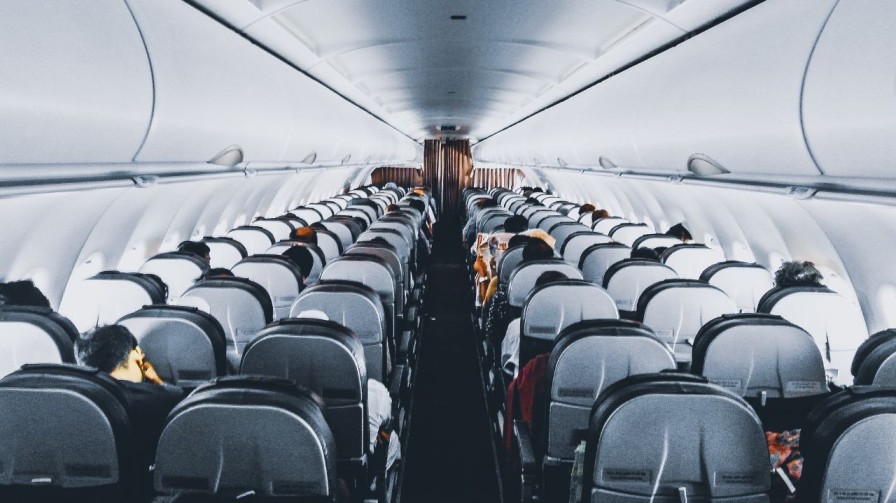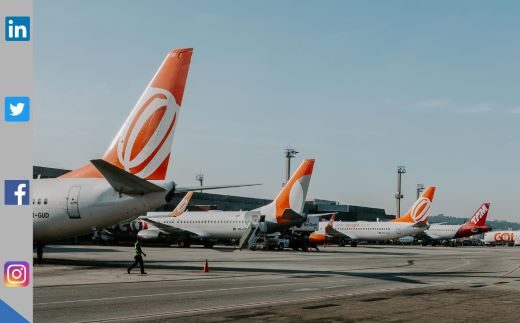Soaring High: A Guide to Cabin Crew Recruitment
The aviation industry is a glamorous and exciting field, and being a cabin crew member is one of the most coveted jobs within it. If you’re passionate about travel, have a knack for hospitality, and… Soaring High: A Guide to Cabin Crew Recruitment

